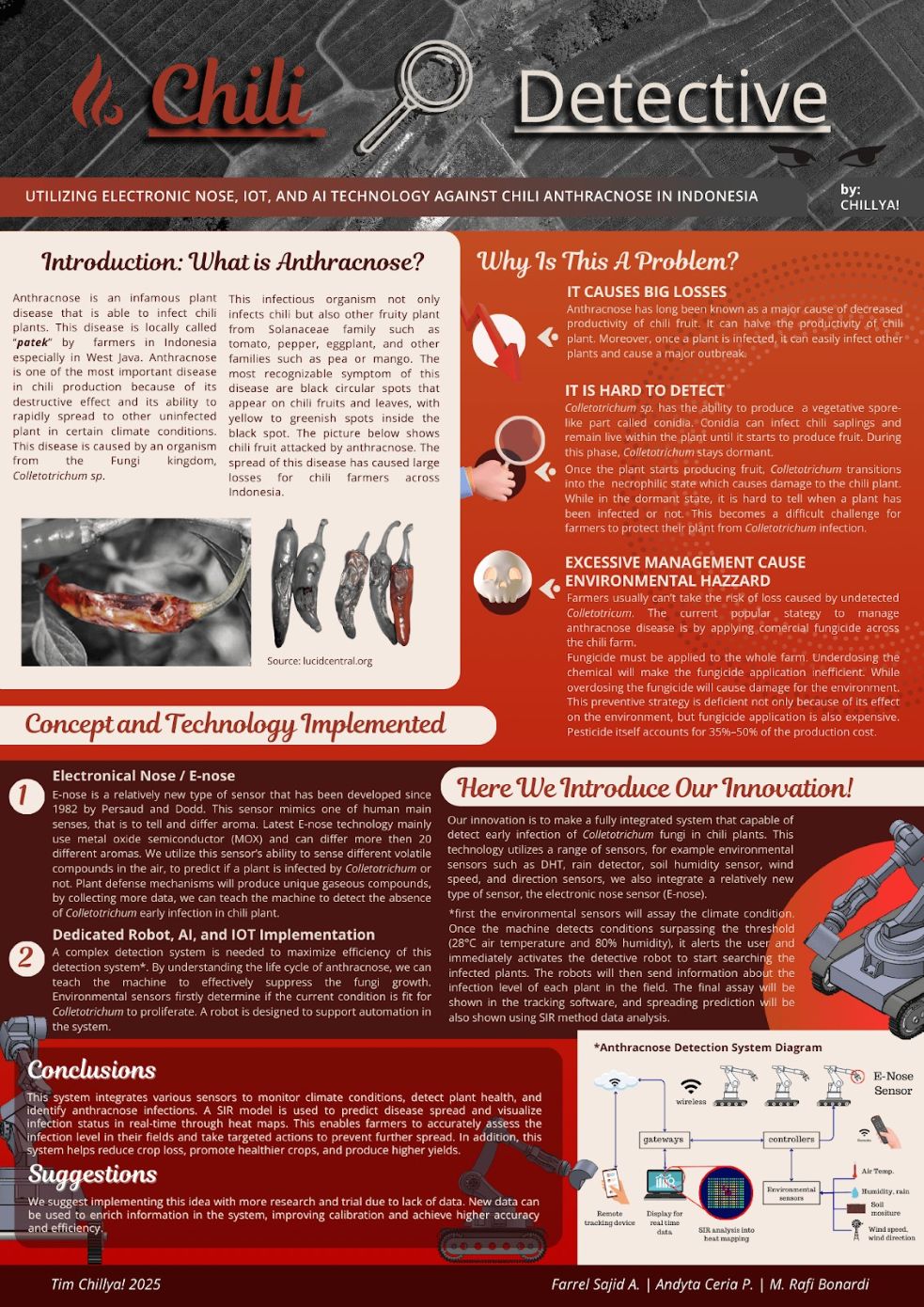Sharing the Knowledge of Astronomy and Lunar Observation at World Astronomy Week 2022
By Asep Kurnia, S. Kom
Editor Asep Kurnia, S. Kom

BANDUNG, itb.ac.id – In commemoration of World Astronomy Week in the first week of October 2022, IIAC (Indonesian Islamic Astronomy Club) collaborated with ITB Himastron (Astronomy Student Association), Awigakasa (Postgraduate Astronomy Student Association), and seven other communities to organize the Bandung Space Festival in ITB Salman Mosque on Sunday (01/10/2022).
This regional festival aims to educate the public about astronomy, which is notoriously known for being complicated. It had two main events consisting of seminars and exhibitions which were attended by enthusiastic visitors from various communities.
During the afternoon seminar, the organizers invited Indonesia’s leading astronomer, Prof. Dr. Thomas Djamaluddin, M. Sc., to present his discussion titled “Reaching the Skies with Faith, Science, and Technology”. Besides being an alumnus of ITB’s astronomy undergraduate study program, he was formerly the Head of LAPAN (National Institute of Aeronautics and Space) and currently works as an astronomy and astrophysics research professor at BRIN (National Research and Innovation Agency).
Up to now, astronomy often has had the stigma of being a difficult topic because it is closely related to physics. However, the interpretation of the universe’s journey can be depicted with the help of astronomy via traces of the present electromagnetic and radio waves, and therefore should be a fun branch of science.
Since the dawn of man, humans have been destined to be leaders that manage the world. Unfortunately, humans themselves have their limitations; all the knowledge they gain and cultivate cannot be separated from God’s intervention. Prof. Thomas emphasized how science and technology must act as tools to understand God's power better, especially in astronomy.

The most popular and plausible theory of the universe’s creation is the Big Bang theory, where the universe was made from nothing. No laws of physics were applied at that time until two entities were formed: space and time. Initially, the universe consisted of space clouds that contained a high concentration of hydrogen. These space clouds then condensed over time to form celestial bodies such as stars, planets, satellites, and more.
The universe went through creation, development, formation of the solar system, the evolution of Earth, the delivery of water to Earth, and the emergence of living things on Earth. In essence, the birth of the universe began with a long history of processes over long periods.
"When studying any field of science, we must always remember God for the creation of heaven and Earth,” Prof. Thomas added. “Every creation must have meanings of its own, but the most perfect one is still God.”
Visitors can have the opportunity to partake in the lunar observation session in the evening after the seminar. Four different types of telescopes provided by the communities are used for moon-watching while being guided by an expert. Despite the cloudy night sky that causes the moon to be occasionally blocked, the crescent moon that indicates the beginning of the hijriah month is visible to an extent. The new moon was chosen as the object of observation so that parts of its crater can be viewed.
A learning booth is set up in the middle of the festival for children to explore more about space. Furthermore, a small forum explaining International Astronomy Week was held and garnered positive reviews from visitors. They were especially thrilled due to being able to get free experience and knowledge about astronomy that might be hard to search elsewhere.
Astronomy should be a fun and inclusive lesson for all. Through it, people can also realize the power of God and use the knowledge to study further to bring many benefits to others.
Reporter: Lukman Ali (Mechanical Engineering, 2020)
Translator: Ruth Nathania (Environmental Engineering, 2019)

.jpg)
.jpg)
.jpg)
.jpg)
.png)


